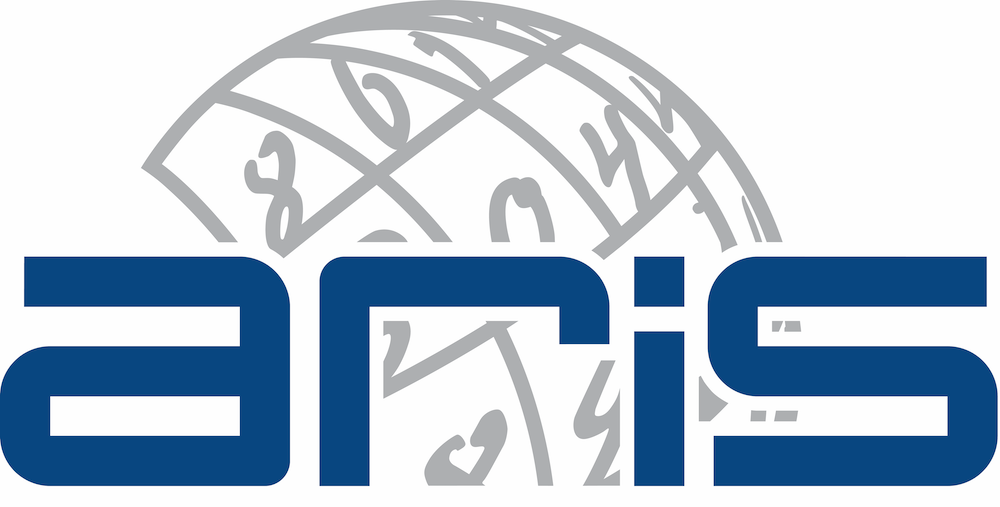Journal of Information Technology in Construction
ITcon Vol. 18, pg. 182-213, http://www.itcon.org/2013/10
Automated identification of occupant interactions in renovations of occupied buildings
| submitted: | December 2010 | |
| revised: | March 2012 | |
| published: | June 2013 | |
| editor(s): | Rezgui Y | |
| authors: | Peggy Yee, Researcher Stanford University peggy.yee@gsa.gov Martin Fischer, Professor Stanford University fischer@stanford.edu John Haymaker, Assistant Professor Stanford University haymaker@stanford.edu | |
| summary: | Identification of interactions when tenants and/or crews share the same space is a critical task to ensure the timely execution of renovation work while maintaining the operational requirements of building tenants. Current methods to identify these occupant interactions are manual, inefficient, and inaccurate, leading to loss in productivity for tenants and crews, and cost and schedule overruns for the renovation project. This paper presents a formal representation of renovation planning information (i.e., occupant profiles, renovation schedule, and occupant interaction types) and reasoning methods that utilize this formal representation to identify occupant interactions (IOI) automatically. The IOI method builds on existing concepts and methods in product, organization, and process modeling to generate detailed occupant location and space sharing data more efficiently than existing methods. To validate the IOI method, we implemented and tested a prototype system during the planning stages of three on-going renovation projects. The results indicate that the renovation planning ontology and reasoning methods enable planners to represent renovation planning information more thoroughly, and with increased detail, leading them to identify occupant interactions more accurately than with traditional planning methods, and to adjust their plans for improved cost and schedule predictions. | |
| keywords: | 4D, renovation, occupant, reasoning method, prototype | |
| full text: | (PDF file, 1.563 MB) | |
| citation: | Yee P, Fischer M, Haymaker J (2013). Automated identification of occupant interactions in renovations of occupied buildings, ITcon Vol. 18, pg. 182-213, https://www.itcon.org/2013/10 |





